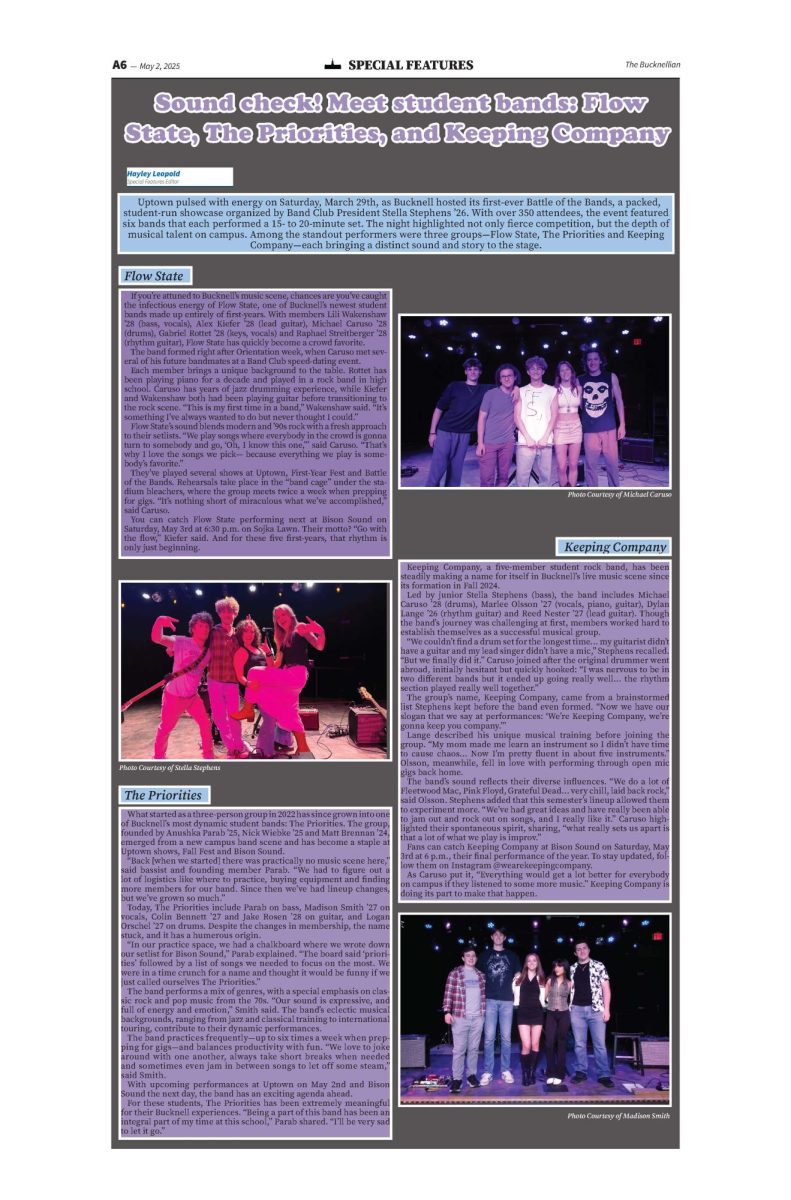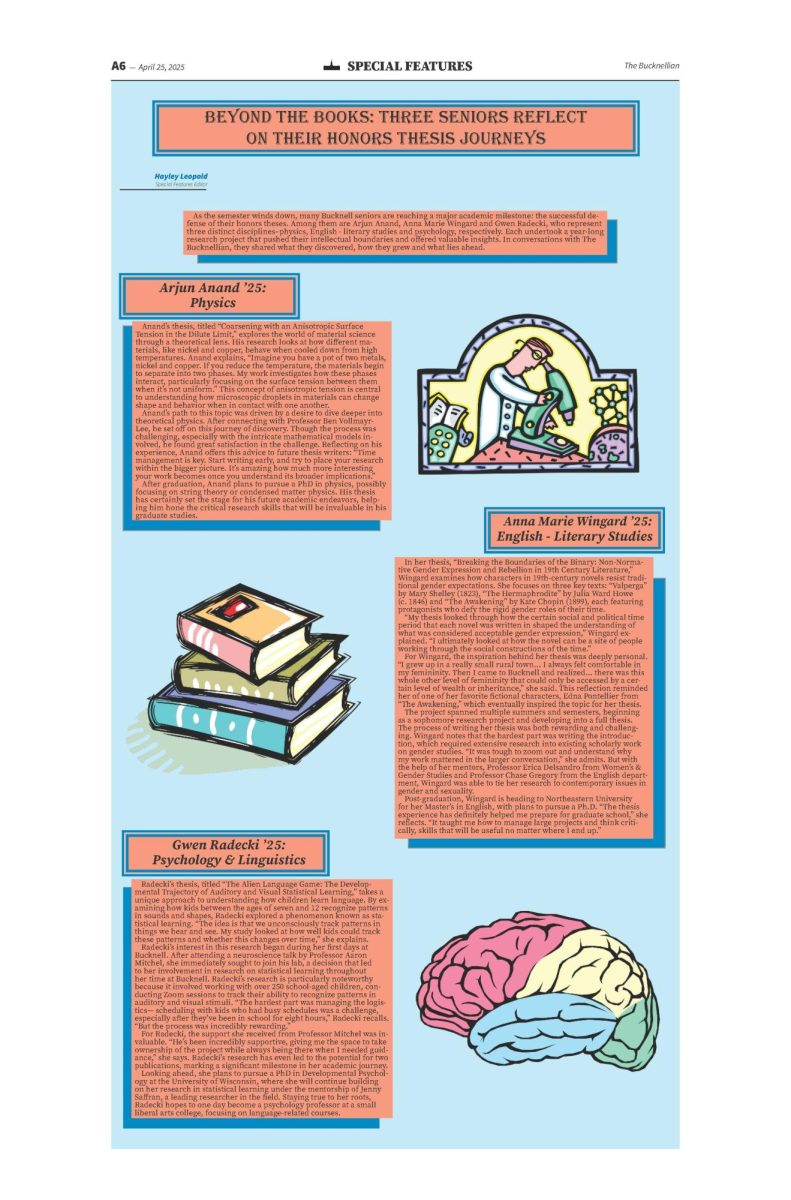Editorial: Is user privacy a widespread concern?
Mark Zuckerburg testified to the Senate this week in a high-profile hearing that is raising a lot of eyebrows, and causing many to question how much trust we should put in social media outlets. Social media giant Facebook came under fire recently after it was revealed they allowed data firm Cambridge Analytica to access millions of users’ data and subsequently used the information to target voters with advertisements during the 2016 presidential campaign.
The big question now is: can we trust Facebook as an independent entity, or should the government enact regulations to keep its power in check? This is a question fraught with complications, especially since Senate lawmakers are offering contradictory answers. On one hand, many complain that Facebook’s power is unchecked, but on the other hand, some encourage Facebook to use its influence to combat hate speech with intricate algorithms that can target certain language. Not only are these irreconcilable views, but the approval of censorship is a slippery slope. If a company were to censor one type of content, it is only a small step away from censoring other types as well. Where does it stop?
Facebook has already been accused of favoring liberal content, so we know this isn’t an unrealistic notion. Some may argue that Facebook is a monopoly, and therefore needs to be subject to antitrust laws, while others maintain that antitrust laws need to be reviewed themselves.
A separate question involves the generational gap between Senate lawmakers and the majority of Facebook users. The average age of a Senate panel member is between 57 and 62 years of age, while the majority of Facebook users are between the ages of 25 and 34. Within some of Zuckerberg’s comments, there was an implication that those with the most knowledge of the outlet, and those with the most at stake, should be able to offer input in the legislative process regarding the regulation of the company.
On the topic of Facebook users, we want to touch on one last issue. Although the #DeleteFacebook movement has gained popular ground, we would venture to guess that the vast majority of users are still logging in daily, if not hourly. Why are we so comfortable signing away our privacy in order to have unlimited sharing capabilities? Some of us even go so far as to change our names on Facebook in fear of our profiles being discovered by employers or college admission officers, just so we can continue sharing, liking, and friending at our own discretion. Granted, this isn’t the fault of our generation. Facebook writes their user privacy agreement in lengthly, vague language, knowing the low probability of most users actually reading and understanding what they are signing off to. However, now that this scandal has brought many of these privacy concerns to light, we need to take the responsibility of proactive awareness upon ourselves, if protecting our personal information is a generation-wide concern.


























